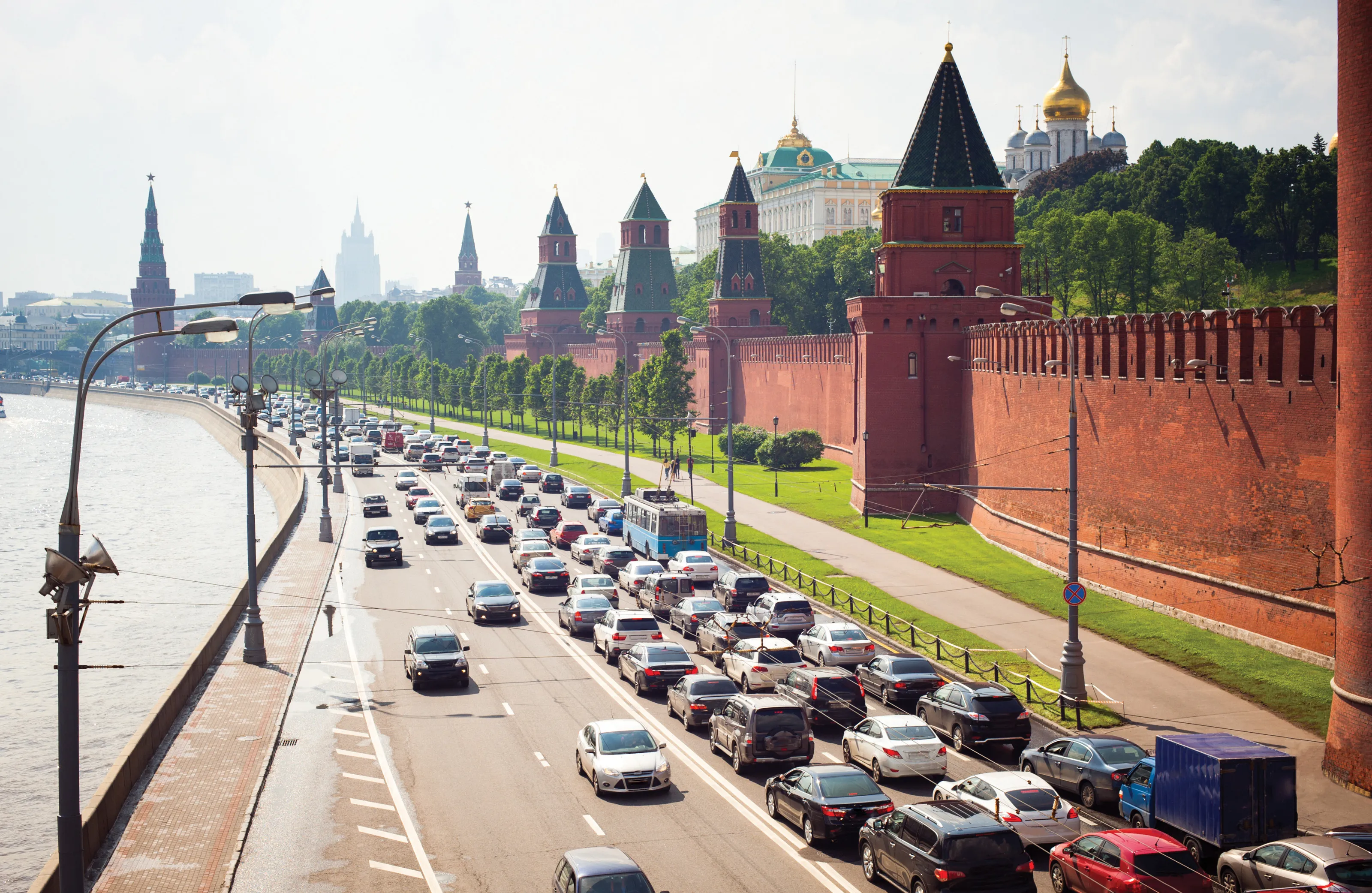Kazakhstan’s deputy minister for investments and development Zhenis Kasymbek has said that about US$20 billion will be invested in development of all types of transport infrastructure by 2020.
The main funds will be allocated for the Caspian region, in particular for projects to improve connections to Azerbaijan, Georgia and Turkey. Apart from road infrastructure, money will be invested to construct the Beyneu-Zhezkazgan railway and development of the Altynkol-Khorgos railway section in the direction of
April 2, 2015
Read time: 2 mins
Kazakhstan’s deputy minister for investments and development Zhenis Kasymbek has said that about US$20 billion will be invested in development of all types of transport infrastructure by 2020.
The main funds will be allocated for the Caspian region, in particular for projects to improve connections to Azerbaijan, Georgia and Turkey. Apart from road infrastructure, money will be invested to construct the Beyneu-Zhezkazgan railway and development of the Altynkol-Khorgos railway section in the direction of China.
3260 World Highways reported earlier this year that Kazak and 1166 European Bank for Reconstruction and Development (EBRD) officials visited London to highlight the possibility of a public-private partnership under the country’s revised PPP legal framework.
Representatives of more than 100 organisations, a mix of construction companies and financial institutions, attended the roadshow-style presentation to attract foreign capital for BAKAD, the Almaty Ring Road Concession. The message was that Kazakhstan has revamped the legal and contractual framework for public private partnerships and the country is now open for business.
The road show was led by the minister of economy and budget planning Yerbolat Dosayev. It was detailed regarding finances, which is what the attendees told World Highways they wanted to hear, considering the winning bidder or consortium will have to put up front 10% of the estimated US$700 million construction cost.
What is needed is a 66km toll ring road around the former Kazakh capital – that national honour was bestowed upon the northeastern city of Astana in 1997. Almaty remains the financial centre of the world's largest landlocked country and also Kazakhstan's largest city, with a population of 1.5 million.
The main funds will be allocated for the Caspian region, in particular for projects to improve connections to Azerbaijan, Georgia and Turkey. Apart from road infrastructure, money will be invested to construct the Beyneu-Zhezkazgan railway and development of the Altynkol-Khorgos railway section in the direction of China.
Representatives of more than 100 organisations, a mix of construction companies and financial institutions, attended the roadshow-style presentation to attract foreign capital for BAKAD, the Almaty Ring Road Concession. The message was that Kazakhstan has revamped the legal and contractual framework for public private partnerships and the country is now open for business.
The road show was led by the minister of economy and budget planning Yerbolat Dosayev. It was detailed regarding finances, which is what the attendees told World Highways they wanted to hear, considering the winning bidder or consortium will have to put up front 10% of the estimated US$700 million construction cost.
What is needed is a 66km toll ring road around the former Kazakh capital – that national honour was bestowed upon the northeastern city of Astana in 1997. Almaty remains the financial centre of the world's largest landlocked country and also Kazakhstan's largest city, with a population of 1.5 million.







